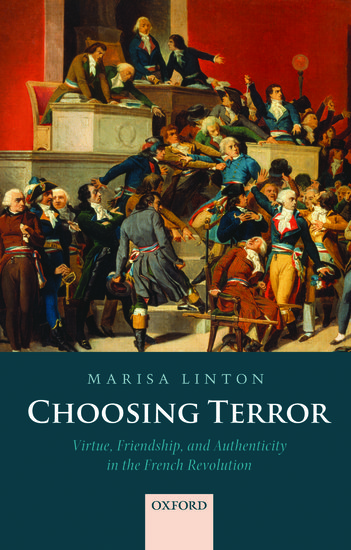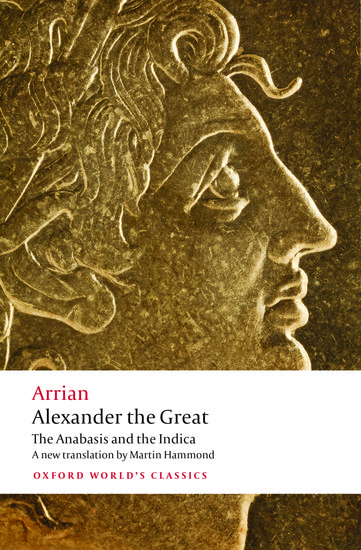Le 14 juillet
By Sanja Perovic
Le 14 juillet, as Bastille Day is known in France, is the only national festival that commemorates the French Revolution. According to revolutionary gospel, it marks the day when the ‘people’ stormed the state prison that once stood on today’s Place de la Bastille, thereby heralding the end of despotism and an era of freedom.











